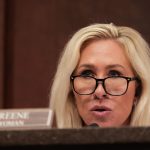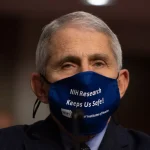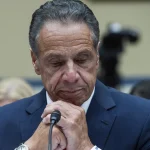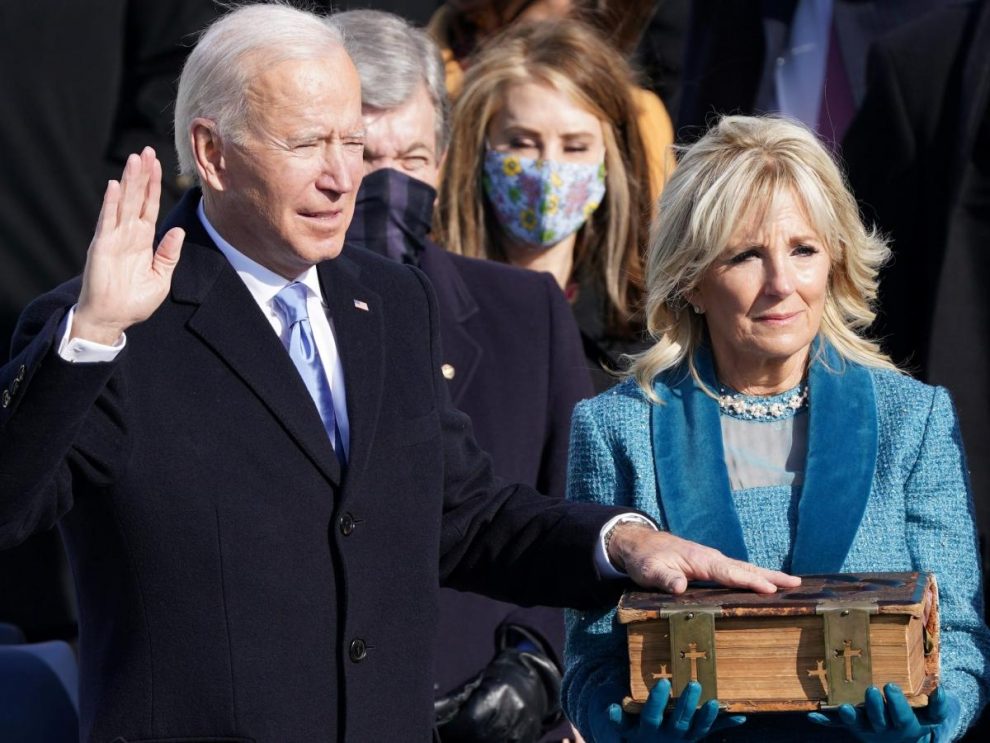Every other former president currently living has access to intelligence briefings if they request them. President Joe Biden, however, wonders “what value” there would be in giving them to former President Donald Trump.
According to Deadline, Biden said Trump shouldn’t receive the briefings due to “erratic behavior unrelated to the insurrection” at the Capitol in an interview with “CBS Evening News” anchor Norah O’Donnell that was set to air in three separate parts between Friday and Sunday.
“You’ve called him an existential threat. You’ve called him dangerous. You’ve called him reckless,” O”Donnell said.
“Yeah, I have. And I believe it,” Biden responded.
She then asked what was Biden’s “worst fear if [Trump] continues to get these intelligence briefings.”
“I’d rather not speculate out loud,” Biden said.
“I just think that there is no need for him to have the intelligence briefings. What value is giving him an intelligence briefing? What impact does he have at all, other than the fact he might slip and say something?”
The first sign that the Biden administration might deny Trump’s ability to receive intelligence came when White House press secretary Jen Psaki was asked by CNN on Thursday, when she noted the intelligence community would receive and review requests for intelligence briefings coming in from Trump without giving an answer either way.
“The intelligence community supports requests for intelligence briefings by former presidents and will review any incoming requests, as they always have,” Psaki said.
On Saturday, Psaki performed the impressive feat of trying to justify to CNN that her original statement still held, even though it exists in total mutual exclusivity from Biden’s remarks. (When O’Donnell asked Biden point-blank if he thought Trump should receive intelligence briefings, Biden responded: “I think not.”)
“The president was expressing his concern about former President Trump receiving access to sensitive intelligence, but he also has deep trust in his own intelligence team to make a determination about how to provide intelligence information if at any point the former President Trump requests a briefing,” Psaki said.
It’s worth noting this has been a while in coming. Ten days after the Capitol incursion, former principal deputy director of national intelligence Sue Gordon wrote an opinion piece in The Washington Post in which she called for Biden to preemptively revoke the ability for Trump to receive the briefings.
Gordon wrote that Trump “has received — or had opportunity to receive — every single piece of information and analysis that the intelligence community produced, regardless of compartment or classification. It is hard to overstate the value of what he has read and heard.”
“His post-White House ‘security profile,’ as the professionals like to call it, is daunting. Any former president is by definition a target and presents some risks. But a former president Trump, even before the events of last week, might be unusually vulnerable to bad actors with ill intent. He leaves, unlike his predecessors who embraced the muted responsibilities of being a ‘former,’ with a stated agenda to stay engaged in politics and policy. No departing president in the modern era has hinted at or planned on becoming a political actor immediately after leaving office.”
She added, among other arguments, that “it is not clear that he understands the tradecraft to which he has been exposed, the reasons the knowledge he has acquired must be protected from disclosure, or the intentions and capabilities of adversaries and competitors who will use any means to advance their interests at the expense of ours.”
Gordon called the intelligence briefings “a matter of respectful convention and were granted by the new president to the old” and said Trump didn’t have a “need to know.”
“There is good news here. No new policy needs to be established to make this decision. Neither past position nor past clearance is the basis for access to classified information — the ‘need to know’ is. Trump will not warrant access simply because he was the president, and he cannot assert need to know for himself. He has to be granted it,” she wrote.
“And there is the beauty of the system. If sharing classified information with him serves the nation’s purpose at some point in the future, he will get exactly the information the new president decides. Just like everyone else.”
This is a dubious argument at best, though. If Trump is “just like everyone else” who isn’t a former president — i.e., he can’t be trusted with classified information — there would have been nothing to stop him from using his broad powers of declassification in dangerous ways while he was president.
The intelligence establishment already howled at what he did in office — mostly to friendly newspapers like The Washington Post. As far as the anti-Trump intelligence officials were concerned, every incidence of this was akin to him going on “The Ingraham Angle” and saying, “You know that crash in Roswell back in ’47? Real UFO. Not a weather balloon. I couldn’t believe it either! Yeah, apparently, it contained some aliens from Magrathea in the Horsehead Nebula…”
Now that Trump’s a private citizen, without those powers and constrained by the law, anything like this would be severely punishable. If there’s evidence he presents a threat outside of “erratic behavior unrelated to the insurrection,” this is probably something we ought to know — and not just the thought “he might slip and say something.” Joe Biden, as a former vice president, had four years to do just that after leaving Washington for Wilmington — and, given Biden’s propensity to “slip and say something,” that says a great deal about how continent an individual can be when he knows he’s in possession of classified information.
Here’s an even worse argument I’ve seen a few places, too, this time put forth by CNN (also known as the Acosta Network): “Trump was not known to fully or regularly read the President’s Daily Brief, the highly classified summary of the nation’s secrets, when he was in office. He was instead orally briefed two or three times a week by his intelligence officials, CNN has reported.”
If he didn’t pay attention, why should anyone care? This argument is more self-defeating than the first; the implication being that if there were claims Trump wasn’t actively involved when he was president, he shouldn’t be involved in the post-presidency.
Remember, the Golden Rule of politics is to do unto others as they do unto you. We’re already beginning to reap the seeds sown by Democrats during the Trump years — and, of course, the Democrats say we’re reaping the seeds Trump sowed. If that’s the case, expect what Gordon called “a matter of respectful convention and were granted by the new president to the old” to no longer apply to former presidents not of the sitting president’s party.
Democrats — and some Republicans — will argue that Trump is sui generis, so unlike other presidents that he needs to be treated radioactively. By “othering” him to the extreme, however, they’re setting the precedent that Joe Biden will be held to when a Republican is in office. To the extent America is well-served by having former presidents be in the loop when it comes to intelligence developments, the same thing should apply to Donald Trump. If it isn’t, it shouldn’t apply to anyone.
Story cited here.
























